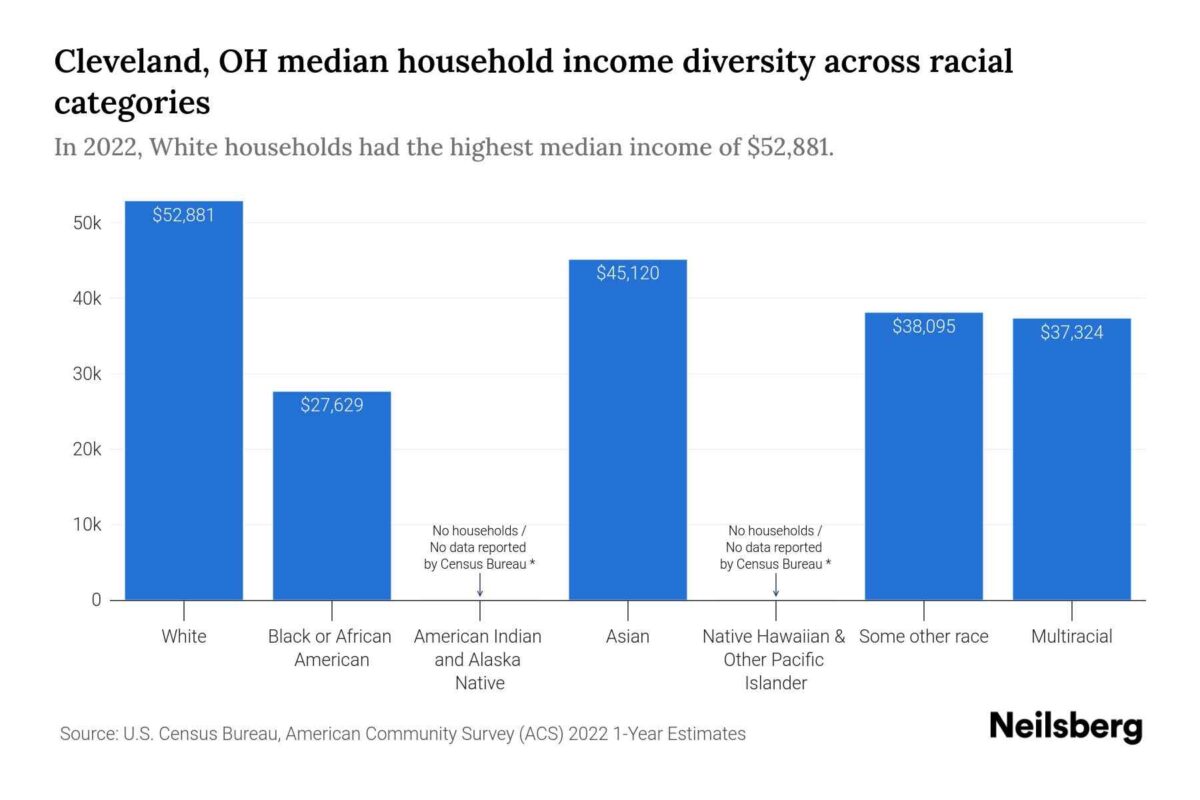Staff Writer (Opinion
The Cleveland Observer
In Cleveland, many people struggle to stay in their homes and make ends meet. At the same time, decisions are being made that help those with power and money, but not everyday residents. This is called ”elite capture.” In Cleveland, elite capture can be found in city government, particularly in housing and city planning.
What is Elite Capture?
Elite capture happens when rich or powerful people take control of resources meant to help those in need. Samuel Stein, an expert on city planning, explains that the “system seems to be for the public, but really, the people with money make the final decisions.” While a policy or budget allocation might be presented as helping the general public, like a new housing project or commercial development, the positive impact may only be felt by those already doing well. (YES! Magazine Feb 19, 2020)
Elite Capture and Gentrification in Cleveland
Gentrification occurs when wealthier people move into a neighborhood and the original residents can no longer afford to live there. In Cleveland, this has been happening in places like the Tremont neighborhood. Tremont was home to working-class families for years, but property values increased as developers built new homes. This caused property taxes to rise, and long-time residents couldn’t afford to pay. They faced the risk of losing their homes.
Henry Senyak, a community leader, pointed out that many residents can’t keep up with the rising costs and are forced out of their neighborhoods.
“People are struggling to keep their homes while the city is making it harder for them to stay,” he said. The city offers tax breaks to developers who build new homes, but the people who’ve lived in the neighborhood for years are being ignored.(Case Western Reserve University Gentrification,Revitalization, and Relocation)
This shows how elite capture works in Cleveland. The new homes are meant to bring money to the city, but they are only helping developers and wealthier new residents. The original residents, many on fixed incomes, are losing their homes.
The Cleveland Clinic’s Impact on Neighborhoods
The Cleveland Clinic is one of the city’s biggest employers in the city, but it hasn’t always been good for the neighborhoods around it. The hospital keeps expanding, but this has hurt nearby neighborhoods like Fairfax and Hough. These areas are mostly Black, and many residents feel that the city and the hospital have neglected them.
The hospital doesn’t pay property taxes because it’s a non-profit. This means less money for schools and public services in those neighborhoods. Even as the hospital grows, the surrounding communities stay poor.
One Fairfax resident said, “The Cleveland Clinic is getting bigger, but our neighborhood is still struggling.” The hospital’s success isn’t helping the people who live right next door. (Case Western Reserve University).
Another example of elite capture is the Opportunity Corridor. This new highway connects the Cleveland Clinic to other parts of the city. It was meant to help poor neighborhoods, but it helps people who work at the hospital get there faster. It doesn’t stop in the poor areas it goes through, and many families have been pushed out of their homes because of its construction.

How Elite Capture Hurts Cleveland Politics
Elite capture is also a problem in Cleveland’s political decisions. Politicians are supposed to represent all people, but sometimes they make decisions that benefit big businesses and wealthy people instead. This has been especially clear when it comes to housing policies. The voices of everyday residents, particularly in low-income and Black neighborhoods, are often ignored.
Community organizations that began helping regular people sometimes end up being controlled by those with money. They take over the organization’s mission and push for changes that don’t help those in need. This is another way elite capture happens — by shifting the focus away from the real needs of people who live in the city.
Moving Forward: What Cleveland Needs
While these problems are big, there are ways Cleveland can fight back against elite capture. One way is by supporting programs like the Longtime Owner Occupant Program (LOOP), which would help long-time residents stay in their homes by capping property tax increases. This would protect people who’ve lived in their neighborhoods for years from being pushed out due to rising costs.
Residents and community leaders are also calling for more transparency in city planning. They want a say in what happens in their neighborhoods and to ensure that future projects are designed to benefit everyone, not just the wealthy.
Community activist Fred Ward said, “We need to build the future of Cleveland together, and that means listening to every voice, not just the loudest and richest.”
As Cleveland moves forward, city leaders and developers should work together to ensure that the city grows in a way that benefits its residents, not just those with money and power. Only then can Cleveland truly become a place where everyone has a chance to succeed.




